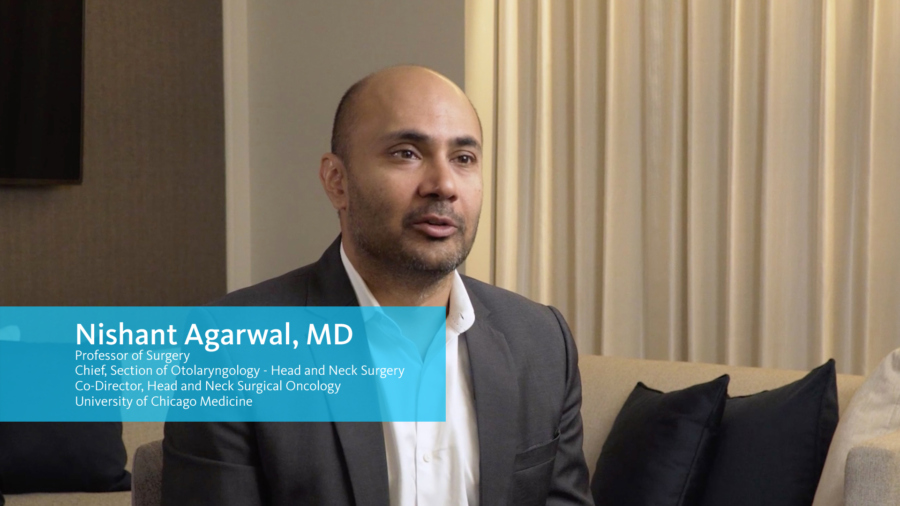cfHPV DNA assay
HPV-SEQ
HPV-SEQ
cfHPV DNA represents a promising surrogate of disease burden in patients with HPV-driven cancers. Applying ultra-sensitive technology to detect and quantify circulating HPV-DNA using HPV-SEQ is an innovative and exciting step forward in the development of more targeted approaches when managing HPV-associated cancers. HPV-SEQ has high analytical and clinical sensitivity, with the ability to reliably and consistently detect as low as 2 copies of HPV 16 and HPV 18 DNA.
Clinical sensitivity of detecting cfHPV-DNA in pretreatment baseline using HPV-SEQ was 97.6% (95% CI, 91.5% – 99.7% [80 of 82 tests])
Other commercially available test reports 91.5% (95% CI, 85.5% – 95.4% [139 of 152 tests]) sensitivity1
| cfHPV DNA panel | Clinically relevant gene regions | Intended uses |
|---|---|---|
| HPV-SEQ & HPV-related cancers | HPV 16, HPV 18 |
Test specifications
| Cell-free DNA analysis for solid tumors | |
|---|---|
| Sample types accepted |
|
| Sample requirements |
|
| Turnaround time |
7 – 10 Business days |
Harnessing opportunity:
cfHPV-DNA as a noninvasive biomarker
for HPV-associated cancers
- Dynamic changes in HPV DNA levels have been shown to correlate with treatment response.
- Longitudinal HPV DNA monitoring may demonstrate utility for surveillance of cancer recurrence after curative-intent therapy.
- Ultra-sensitive detection of cfHPV-DNA may enable more informed therapeutic approaches for management of HPV-driven cancers.
HPV-SEQ achieves ultra-sensitive detection and accurate quantification of HPV 16 and HPV 18 through a unique, proprietary method to better detect clinically meaningful changes.
Advancing the care and management of patients with HPV driven head and neck cancers.
Watch Dr. Nishant Agrawal as he discusses head and neck cancers, the role played by the Human papillomavirus (HPV), and an ongoing study to personalize and improve treatment of patients using quantitative cell-free HPV-DNA (cfHPV-DNA) in plasma as a biomarker for grading treatment response.
cfHPV-DNA: A new prognostic biomarker in HPV driven OPSCC
Watch as the speakers explore the role cfHPV-DNA plays in cancer prognosis, and what barriers biopharma companies face in incorporating cfHPV-DNA into their clinical trial design. The speakers discuss how pharma manufacturers, HCPs and patients can collaborate to help overcome these barriers.


